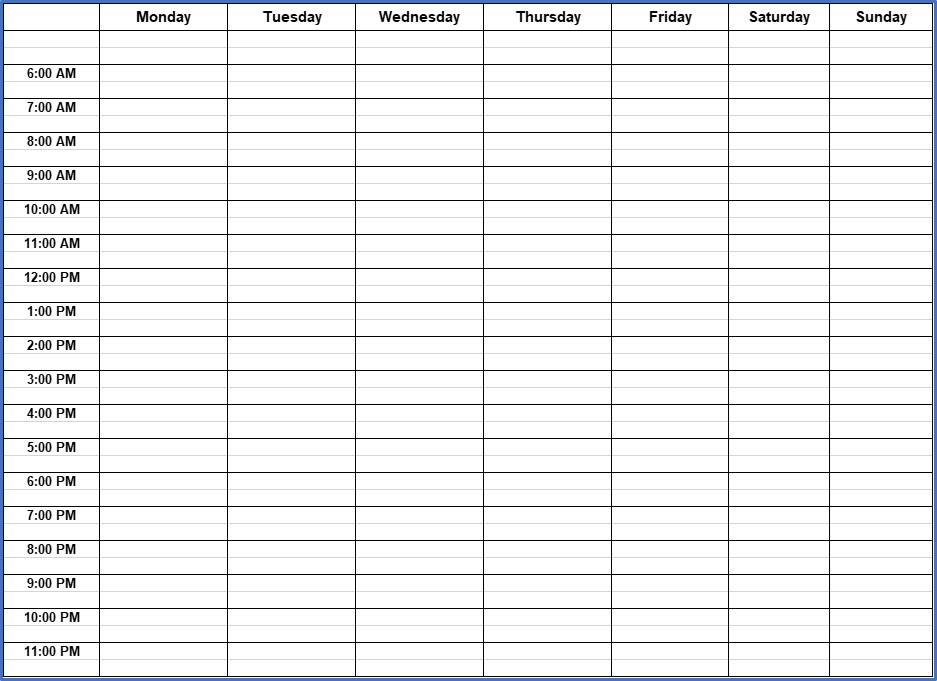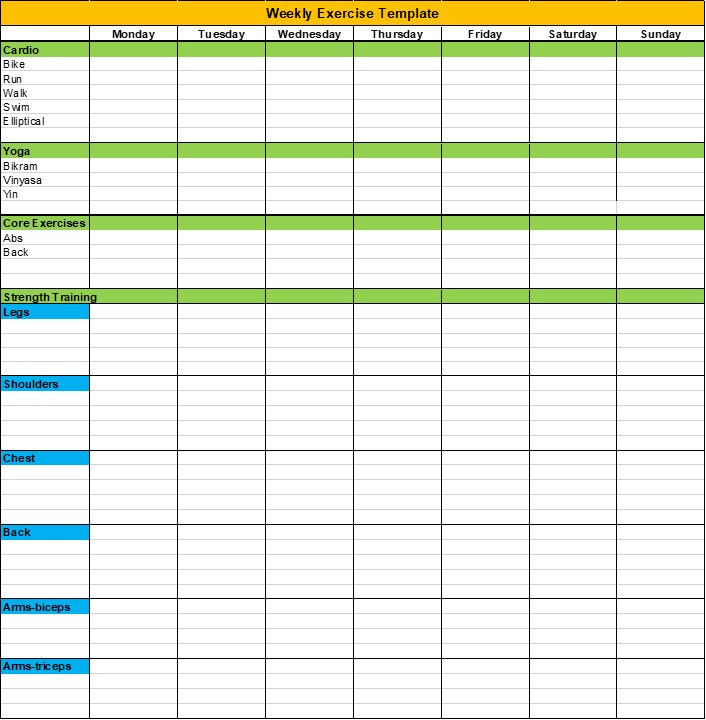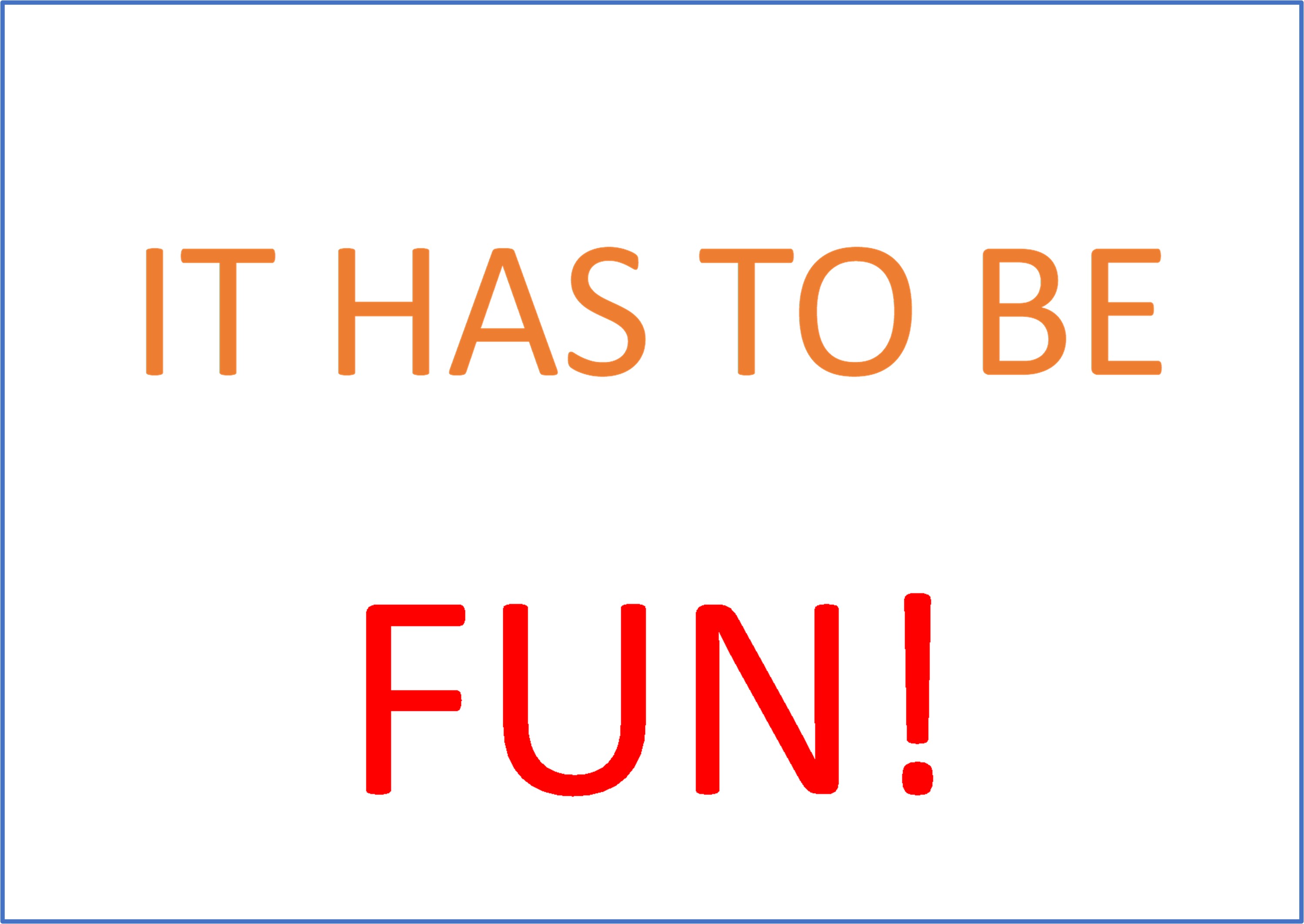What is a Practice?
Apr 14, 2024See previous newsletters or visit the website.
In this newsletter:
- What is a Practice?
- A Practice versus a goal
- Practice and Identity
- My three practices
- Scott Seidewitz - The Ancient Assassin
What is a Practice?
Question: What does it mean to “have a practice?”
Answer: It means to pursue a dedicated, deliberate routine, a regimen with the intention of elevating ourselves to a higher level – mentally, physically, emotionally, or spiritually.
Athletes go to practice to get better in their sport.
We have a practice to get better in our lives.
Having a practice can apply to anything: research, yoga, scuba, painting, writing, golf, reading, investing, prayer, meditation, fitness, training for MMA fights, starting a business, and so on.
The beauty is that we get to decide on which practice is right for us. Where we put our attention, our energy flows.
Our outcomes are a lagging indicator of our practices, or lack thereof.
Our health is a lagging indicator of our lifestyle practices.
Our financial security is a lagging indicator of our money practices.
Our knowledge is a lagging indicator of our learning practices.
Our business success is a lagging indicator of our business practices.
Our Well-Being is a lagging indicator of our health and wellness practices.
A practice is performed regularly, ideally automatically. It becomes a habit.
It’s about doing things incrementally, diligently, small changes but with consistent effort.
Tiny, gradual shifts over time compound into extraordinary transformations.
A practice means engagement in regular rituals with determination.
We become what we do consistently over time.
Establishing a practice means Turning Pro.
Having a practice gives us Meaning.
A practice keeps us from drifting aimlessly.
It’s a way to organize our life, especially in the absence of formal work.
Having a practice takes us away from drama.
A practice gives us structure, an agenda, to harness our intellectual energies.
It’s easy to hide from ourselves, to ignore our practices, in the comfort of our jobs, committees, family, friends, clients, customers, etc. Busy work.
Establishing a practice is an act of self-respect, it’s a way to stand up and declare who we are. To know our roles, to know our rules. We make the rules.
We evolve through our practices. We grow and learn.
A practice calls us out on our shit.
A practice is not easy.
A practice helps us face the hard things in life. It makes us stronger.
Knowing our Purpose, helps us formulate our practice.
A practice fosters a simpler life. Less stuff to worry about. More thought and experiences.
A practice is not about impressing others. Far from it. It’s about impressing ourselves.
It provides stability and reduces stress and anxiety.
A practice builds self-confidence so we can accomplish our objectives. It’s a path to self-awareness, self-determination.
A practice often happens in solitude.
A Practice versus a Goal
Goals are about the results we want.
A practice is about the systems in place to achieve those goals.
Accomplishing a goal happens at a point in time.
Engaging in a practice happens over a period of time. It’s continuous.
Goals are good for aiming in the direction of where we want to go.
A practice is good for knowing what to do, knowing the steps to take.
Well-Being improves when we love our practice. Therefore, our practice should be something we love doing.
Accomplishing a goal feels good when it happens. But the euphoria quickly fades.
If we love our practice, we always feel good.
The degree of commitment to a practice will determine our progress.
A practice recognizes we need a process of continuous, incremental, tiny improvements over time before we can achieve our goals.
Practice and Identity
A practice becomes part of our identity. It’s who we are. It’s what we do.
The more pride in our identity, the more motivated we are in our practice.
A practice is the process of becoming ourselves.
A practice is the path to changing our identity.
If we want to change who we are we have to change what we do; we have to change our practice.
The first step of transformation is deciding the person we want to be.
The second step is becoming that person through a Practice.
My Three Practices
My Writing Practice
A writing practice is hard work.
Thankfully, my good days outnumber my bad days.
The good news is I’m learning that’s true for a lot of people who write.
Struggling with finding the right words, forgetting whether I wrote something or just thought of it, distractions, punishing myself for being unproductive, means writing can be a head trip.
When I’m writing I become a hermit. It’s like hibernation.
Maybe I will eventually write a book about Well-Being. A handbook, a guide, an operating manual for men.
But I know to write a useful book on Well-Being, I must first become the book. That’s why I also have a Well-Being practice.
My Well-Being Practice
My Well-Being Practice consists of a regular review of my own 9 Pillars.
Well-Being is not something we do, finish, wrap up, and then it’s done. It doesn’t work that way.
Like it or not, it’s something we always need to work on. A lifelong practice.
The more I write, the more guys I talk to, and the more conviction I have that achieving Well-Being is a lot of work. It takes a lot of effort.
Well-Being is a practice; it takes a practice to develop each of our 9 Pillars.
My Fitness Practice
My writing practice is impossible without my fitness practice. It’s that simple.
No fitness practice, no writing practice.
For me, fitness is a lot easier than writing.
It’s about movement. I go to the gym, swim, do yoga, or go on a long, fast walk so that I can sit again at my desk.
When I complete a workout, it’s a vote of confidence for me. It tells me I’m getting things done.
That confidence unquestionably flows into my writing confidence. It's the spillover effect from my Self-Control newsletter.
For every three hours of sitting down to write or read, I need about an hour of movement.
What makes my writing practice difficult?
- My phone – it’s a harmful distraction. It's poison.
- Paranoia - doubting myself that what I write is useful.
- Perfectionism – I have never felt ready to publish. Not once. Nonetheless, I hit "send" every Sunday morning because that deadline is built into my practice.
- Parkinson’s law - "work expands to fill the time available for its completion." Thank you, deadline, see you next week.
- Worst of all, my own Resistance.
Scott Seidewitz – The Ancient Assassin
A great example of how a practice makes you not only better in your sport, but also in your life, is Scott Seidewitz – also known as "The Ancient Assassin."
Scott and I were classmates in grad school. He's a successful entrepreneur and businessman. He’s also a dedicated husband and stepfather.
And, in his 50’s, he became an MMA fighter. It's one of his practices. Here’s a recent picture of Scott easily doing pull-ups.

What drove Scott to take up MMA in his 50’s?
Scott is a lifelong fitness buff and MMA fan. And someone who likes to challenge himself.
Six years ago, he started training at Xtreme Couture—one of the top MMA gyms in the country. It started out as just fun. It quickly became a serious practice.
He trains every Saturday and Sunday and maintains a rigorous fitness schedule during the week.
The benefits, according to Scott?
Discipline. Facing his fears. And meaning – the feeling that he’s doing something that challenges what it means to age.
He regularly spars with people 30+ years younger than him.
Scott is training to be the oldest person ever to have his first MMA cage fight. It will be held in Las Vegas in the fall when he is almost 60 years old.
I know a couple of MMA fighters and coaches here in Miami Beach. They are seriously tough dudes. Like Scott, they are also the nicest guys around. Two of them are yoga teachers at a studio here on the beach.
You can follow Scott Seidewitz on Instagram - The Ancient Assassin.
You can also see him here on LinkedIn.
Conclusion
Having a practice, or practices, keeps us young. They hold us to high standards and make us accountable to ourselves.
As I’ve said in the past, I have no intention of retiring for as long as I am able. I won’t work as much as I used to, but I plan to keep going, growing, evolving as I age.
A practice gives us the discipline and therefore the freedom to work and play.
Below I have included some tools I find useful:
- Time sheet – Yes, sometimes I use this to track my time, especially when I feel I’m not being productive enough. My writing practice requires enormous time-management discipline.
- 9 Pillars of Well-Being image – I use this for my Well-Being practice, so I can remind myself what is most important.
- Weekly workout sheet – I’ve been using this format for over 30 years. I use it to optimize my fitness practice.
- A reminder – IT HAS TO BE FUN! - I have this sign hanging next to my desk to remind myself - If it ain't fun, I ain't doing it.
Thank you for reading!
Be well,
Peter Pavlina






